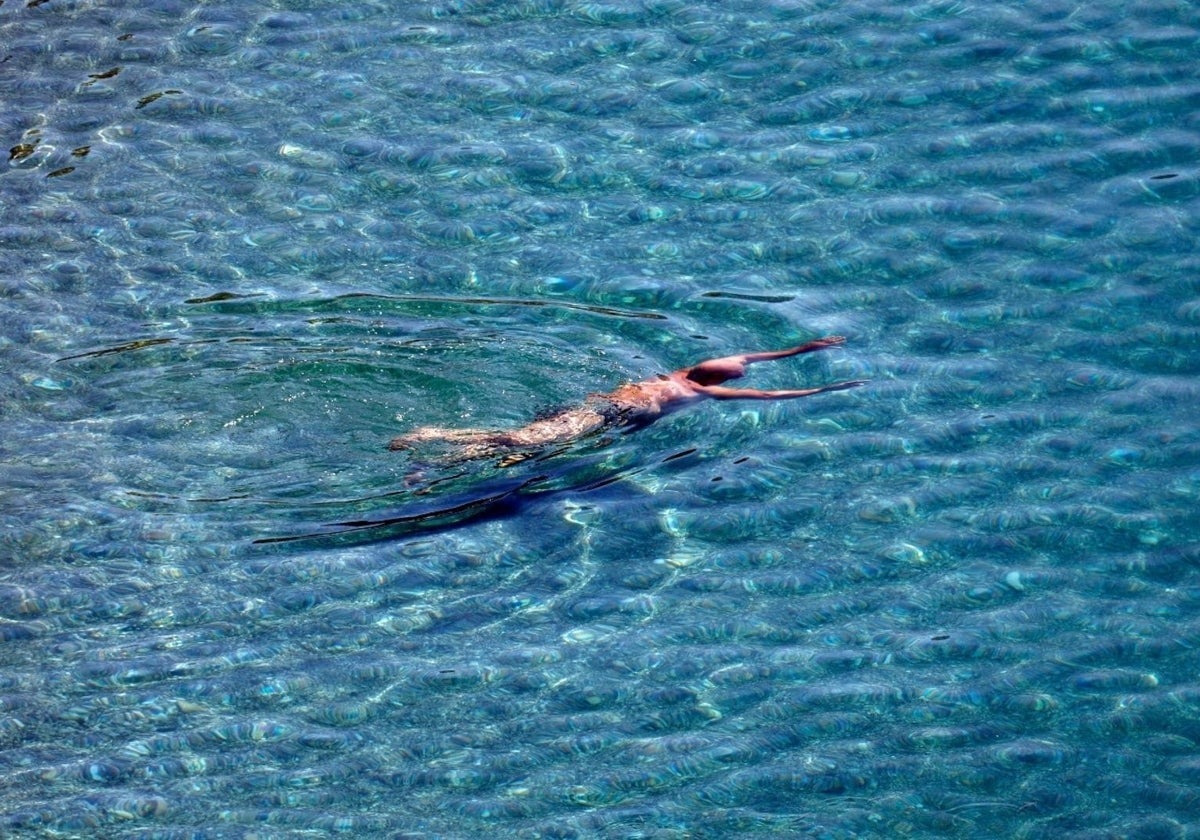Malaga's beach water under a microscope: what is the quality like?
A study by the chair of coastal sciences analyses faecal contamination at 12 points along the city's coastline
Malaga's residents looking to bathe in good-quality water don't have to go far this summer. According to scientists from the University of Malaga (UMA), Malaga's beaches are free of faecal contamination.
In total, 15 beaches have been analysed and all of them have been rated as "excellent". Water quality depends on the presence of bacteria, specifically enterococci and e.coli. The study is based on tests taken on 10 June, under the supervision of the director of the chair of coastal sciences - Francisco Franco - and professor of microbiology Miguel Ángel Moriñigo.
"Samples were collected from seawater, specifically from the bathing area, and sand samples were taken from each beach. After all the samples were collected, they were taken to the UMA facilities for analysis," said Franco.
Although the analysis states that the water quality of all the beaches is "excellent", the same UMA study reveals some differences. The beaches with the least traces of faecal waste are those of San Andrés and El Morlaco. The beach with the highest values for faecal remains is Peñón del Cuervo.
The conductors of the study also classified the quality of the sand on Malaga's beaches as "excellent", as the amount of bacteria is below concerning parameters.
Comparison to other beaches
While admitting that Malaga's beaches are not the most attractive, Franco stated that their quality leaves no place for shame. The water and sand quality is similar to that of beaches in Cadiz and the Balearic Islands.
The methodology followed to determine the water quality required three replicates to be carried out. In none of these replicates were any values of concern recorded. "The results we have obtained in this first batch of analyses show that we are starting with an excellent water quality in accordance with European regulations," said Franco. This comes as no surprise, given that Malaga's beaches have proven to be excellent year after year.
Franco added that they are also keeping an eye out for jellyfish "in order to work with lifeguards on prevention". "We have some jellyfish in the westernmost area of the province, as a consequence of the modification of the currents, but nothing alarming, no swarms of jellyfish are arriving as it used to happen," he said, assuring that his team is monitoring the sea.

